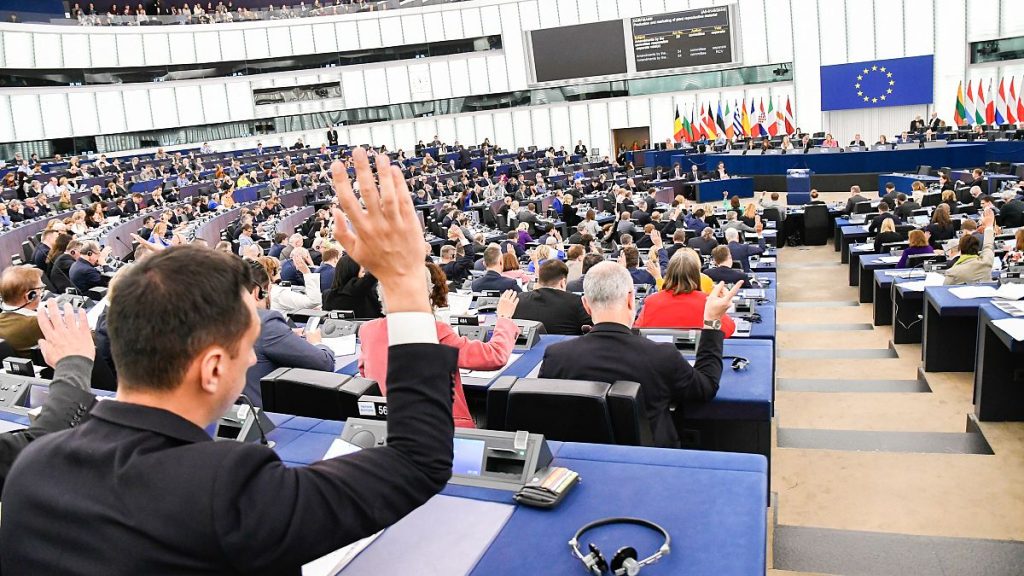The European People’s Party is beginning the process of forming groups within the European Parliament, sparking speculation about potential mergers and alliances. Political groups play a crucial role in the functioning of the parliament, influencing decision-making processes and coordinating legislative activities. To form a group, a minimum of 25 Members of the European Parliament (MEPs) from at least seven member states with similar political beliefs is required. This rule aims to prevent alliances formed solely for financial or power gain, ensuring that groups are united by a common political affinity. However, once a group is approved, there is no guarantee of internal discipline or verification of political affinity in practice.
Non-attached MEPs, who do not belong to a specific group, have limited power and access within the parliament. They are unable to hold key positions or receive higher funding for staff and activities, placing them at a significant disadvantage compared to members of established groups. Larger groups have greater resources, speaking time, and opportunities for power-sharing and legislative influence. Group size can also impact media attention and influence perceptions of legitimacy. However, the practice of excluding certain groups from active participation, known as a cordon sanitaire, can be controversial and potentially fuel support for extremist parties.
Controlling a group can provide more opportunities for influence than sheer size alone. Some smaller, tightly controlled groups have exercised significant sway within larger political blocs, demonstrating the benefits of strategic control. Established groups, such as the Greens and liberals, have a more stable and organised foundation, allowing them to leverage their institutional strength and experience. This makes traditional groups more reliable coalition partners and more attractive to potential allies when forming alliances or supporting candidates for key positions within the parliament.
As group formation season begins, European party leaders must navigate the complex rules and dynamics of the European Parliament to secure advantageous positions for their parties. The process of forming political groups involves strategic calculations about group size, control, and established reputation within the parliament. While larger groups may have more influence and resources, strategic control over a smaller, tightly knit group can also yield significant opportunities for political impact. Ultimately, the success of a political group in the European Parliament will depend on a combination of factors, including adherence to the 25/7 rule, strategic alliances, and established institutional strength.


